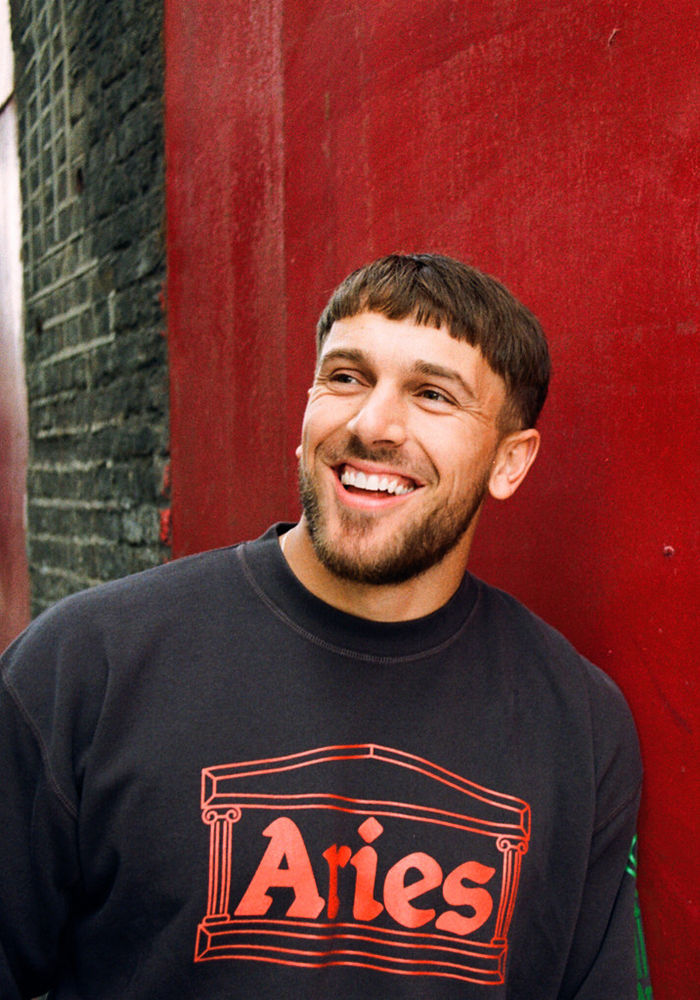You might find yourself hard-pressed to find a prominent house music DJ who equally loves the chaos of the Ibiza Summer parties to morning walks with his dogs in the green expanse of Yorkshire. But it’s a healthy and mindful approach to life that has seen artist and producer Franky Wah achieve featured radio slots from Annie Mac and secure collaborations with the likes of Duke Dumont and Jessie Ware. It’s also how he’s managed to stay content and productive during the UK lockdown. That, and the infectious ‘90s house sounds he’s currently putting out, notably recent single Come Together.
“It was all about production for me,” Wah says from his rural Yorkshire home, with matching Yorkshire accent. “A lot of people do it backwards these days, getting out there and DJing, then realising they needed their own songs to get out there more. I never wanted to do that. I remember one particular gig, in a basement of a club in Huddersfield. No one came, so it was just me and my friend. I played, and he danced. It’s part of the process — I think it’s important to start from the grassroots. I’ve played to thousands of people, warm-up sets, peak sets, but I think it’s important to appreciate every part of the journey, even when no one is watching you. I learnt my craft that way.”
I remark that you occasionally hear fully established artists saying that, after playing so many sold-out arena shows, they begin missing playing in the tiny, grotty venues to a small huddle of people.
“Well, this can go on the record,” Wah says. “In case anyone wants to hold this against me, but they won’t be able to! I certainly endeavour to still play a certain number of underground sets per year. A few hundred people cap. I’m not firing shots, each to their own, but a lot of DJs who get silly money, 40 or 50k booking fee for a festival, aren’t then going to stand there in a small intimate club for a couple of grand. But it’s very important to give back to your fans, I believe, at an affordable price.”
Wah dropped his single Come Together shortly after the lockdown laws came into effect — an irresistible tune that would have had hands in the air as the keys kick in, if clubs were open, that is. However, I double-check with Wah that the lyrics are about coming together in spirit, rather than urging people to violate the lockdown.
“No,” he confirms with a laugh. “It’s not a literal message, but there’s a message there nonetheless. I’m not telling people to go and hug each other but to reinforce the truth that we are stronger together. As we’ve seen with instances like that old gentleman doing laps of his garden for the NHS, and lots of other people supporting. I think we have gained a bit of unity back, after those episodes of people running out to buy bog roll and not thinking about anyone else.”



